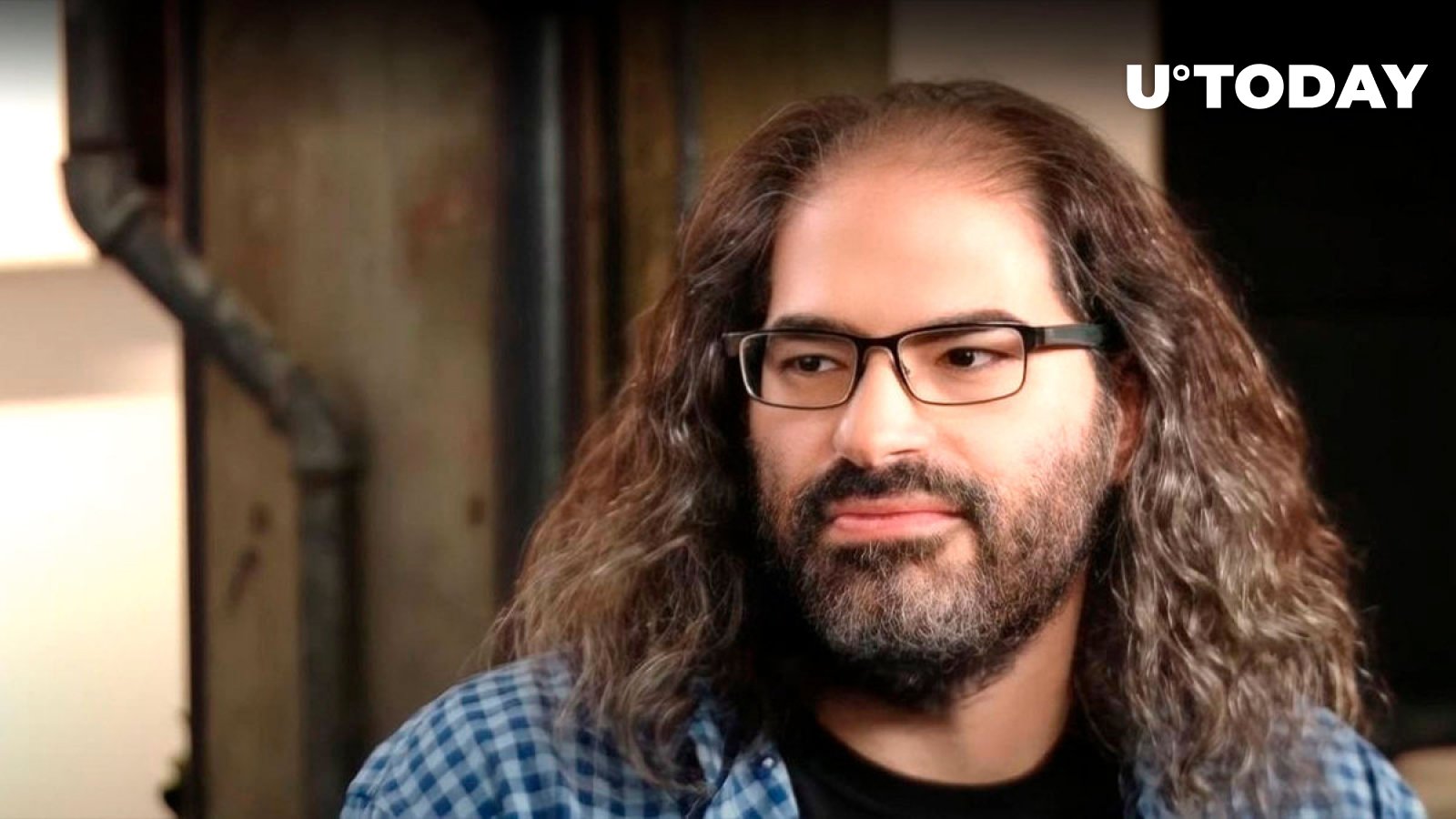In a recent turn of events, David Schwartz, the renowned crypto guru and the current chief technology officer at Ripple, weighed in on the escalating controversy surrounding the ethical implications of crypto hacking.
The discourse was ignited by a prominent influencer within crypto circles who questioned the inconsistency of certain figures in the community, criticizing their selective adherence to legal principles.
Addressing the debate, Schwartz dismissed the notion that exploiting vulnerabilities in a system, commonly known as “hacking,” could be justified based on the system owner’s failure to secure their property adequately.
He analogized this scenario to a property owner’s negligence not justifying theft, emphasizing the fundamental principle that one cannot claim ownership of someone else’s property without explicit consent.
Ripple effect
Schwartz, who played a pivotal role in architecting XRP Ledger, has been vocal about his views on the regulation of cryptocurrencies, securities and even unconventional assets like baseball cards. He maintains a consistent stance, advocating for comprehensive regulation across the board.
In a somewhat tongue-in-cheek suggestion, Schwartz once proposed that regulatory bodies, such as the SEC and CFTC, engage in a fight for the right to regulate the crypto space.
Despite the humor in his statement, the underlying frustration with the current state of regulatory affairs in the industry is palpable.
The ripple effect of such debates and the lack of cohesive regulatory frameworks are evidently causing growing irritation within the crypto community.
As the industry grapples with these challenges, it remains to be seen whether such discussions will lead to concrete changes in the regulatory landscape.
